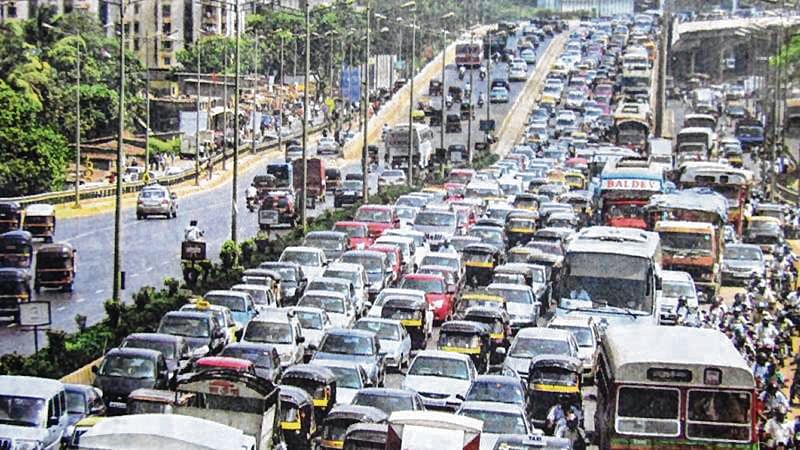Traffic jam is a common scene with increasing vehicles on roads. Due to this Honking have become a common source of noise pollution. It can have various effects on both the environment and human health. Honking can be necessary and helpful in certain situations but excessive and unnecessary honking contributes to noise pollution and can cause stress and annoyance to others.
Uncessary Honking is considered as insensitive act and contributes to Noise Pollution, Sleep Disturbance, Hearing damage, Stress and Anxiety, Hypertension.
Here are some ways help you stay calm, composed and to create patience while driving in a traffic jam and also helpful for other passengers while traveling:
Acceptance: Acknowledge that traffic jams are an inevitable part of urban life. Acceptance of the situation can help you let go of frustration. Make aware that honking won’t solve the issue rather will add problems.
Plan Ahead: Whenever possible, check traffic conditions and choose routes that are less likely to be congested. Planning your travel during off-peak hours can help you avoid heavy traffic altogether.
Stay Informed: Use navigation apps or radio traffic updates to stay informed about the cause and duration of the traffic jam. Knowing what’s happening can help you mentally prepare for the delay.
Practice Mindfulness:
Deep Breathing: Take slow, deep breaths to calm your nerves and reduce stress. Inhale deeply for a count of four, hold for four counts, and exhale for a count of four.
Mindful Observation: Observe your surroundings and focus on details such as the scenery, sounds, and the rhythm of your breath. This can help divert your attention from the frustration of the traffic.
Positive Affirmations: Repeat positive affirmations to yourself, such as “I am patient and calm” or “This delay is temporary, and I can handle it.”
Stay Hydrated and Comfortable: Keep a bottle of water and some snacks in your car. Staying hydrated and comfortable can contribute to a more relaxed state of mind.
Engage in Audio Content: Listen to audiobooks, podcasts, or calming music to make the time more enjoyable and distract yourself from the traffic.
Avoid Aggressive Behavior: No Horn Honking: Refrain from unnecessary honking, as it can contribute to stress and create a negative environment for yourself and others.
Maintain Safe Following Distance: Keep a safe distance from the vehicle in front of you to prevent abrupt stops and starts, reducing the stress of constant braking.
Use the Time Productively: Learn or Practice Something: Consider using the time to learn a new language, listen to educational podcasts, or practice mental math exercises.
Make Calls or Send Messages: Use hands-free options to catch up on phone calls or send text messages to stay connected with friends or family.
Visualize a Calm Arrival: Imagine yourself reaching your destination safely and calmly. Visualization can help reduce anxiety and improve your mood.
Compassion and Empathy: Put Yourself in Others’ Shoes: Remind yourself that everyone else is facing the same traffic jam, and getting frustrated won’t change the situation.
Your attitude towards a traffic jam can significantly influence your experience. By incorporating these strategies and maintaining a positive mindset, you can create a sense of patience and make the best of a challenging situation.
Wish you Happy Driving and Journey!!
